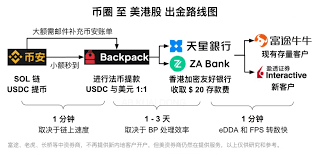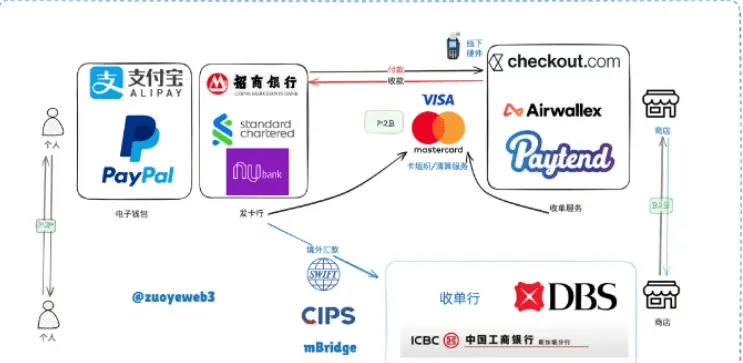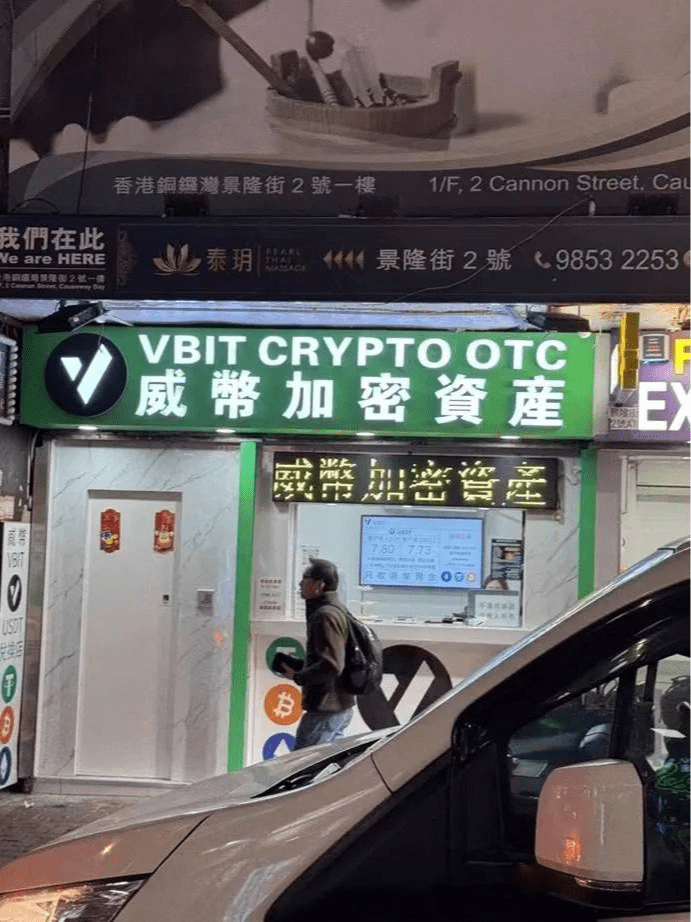Because China has stricter controls over virtual currencies, allowing only individual transactions and prohibiting exchanges, the so-called allowance is merely non-prohibition, offering no protection for virtual currency transactions. Players in the cryptocurrency space need to find ways to deposit funds, endure market tests, and then find safe ways to withdraw funds and realize profits. A careless move in withdrawals could lead to receiving dirty money, which may result in bank card freezing, requiring the return of illicit funds, or even worse, getting oneself involved in legal troubles. Many people are looking for safe withdrawal solutions. Today, Sky will analyze several widely circulated safe withdrawal options online.
1. Withdrawal through acquaintances
Withdrawing through acquaintances seems to be the simplest and most direct method, but there may be safety considerations.
First, regarding the definition of acquaintances, what kind of person can be considered an acquaintance? Are netizens in the same cryptocurrency group considered acquaintances? Are colleagues who also trade cryptocurrencies considered acquaintances? Are high school classmates you haven't contacted for a long time considered acquaintances?
Acquaintances, this word seems to carry a kind of magic that leads some people to think: I know him, he definitely won't cheat me. Even if I get cheated, I can still find him to recover my losses. But if we peel off the veil of acquaintances, and think seriously, do you really know his character? Are you clear about his financial situation? Is your understanding of him limited to his self-introduction? Do you have his parents' contact information? Do you have his ID number? If he changes his phone, job, or city, can you still find him?
Moreover, even if they are really good friends, it is not suitable to treat them as a stable withdrawal channel. Both parties may feel that they are at a disadvantage due to factors such as interests and personal relationships regarding prices and fees, making such a relationship unsustainable.
In summary, seeking withdrawals through acquaintances is not highly recommended.

2. U card withdrawal
'U card' refers to MasterCard U cards, UnionPay U cards, etc., and generally refers to MasterCard U cards, which not only have all the functions of a regular bank card but also allow recharging through USDT for direct consumption or withdrawal.
It sounds very convenient and fast. The U card works by allowing users to consume with the U card, and the issuing bank deducts USDT according to the exchange rate internally. The issuing bank then conducts international currency settlement with the bank it connects to. The settlement of virtual currency and fiat currency takes place within the issuing bank overseas, so users do not involve virtual currency during the consumption process, thus avoiding the risk of regular withdrawals leading to frozen bank cards due to dirty money.
The U card can be said to have almost no criminal risk as long as users do not actively use it for criminal activities, but the U card has its own drawbacks: first, the card issuance fee and various fees are relatively high, making it impossible to have both convenience and low cost; second, the U card is a bank card from an overseas bank, and even if it has relatively relaxed KYC requirements, there are still significant hurdles to obtaining the card. Especially the second point has given rise to another risk of the U card, which is falling into scams when finding agents to handle U card applications.
If you are capable of applying for a U card yourself and can accept higher costs for convenience and low risk, the U card is a very suitable option.

3. Hong Kong offline physical store OTC
Hong Kong offline OTC, commonly known as going to Hong Kong in person, is about withdrawing funds at offline exchange shops.
Due to institutional reasons, Hong Kong's attitude towards virtual currencies is completely different from that of the mainland, being more open and accepting overall. On the streets of Hong Kong, various physical exchange shops exist, which generally do not require customer identity verification, and the limit for a single transaction is relatively high. Customers only need to leave their phone number or email to complete the transaction. Additionally, offline exchange shops generally offer more attractive exchange rates than formal online trading platforms, attracting a large number of customers to deposit and withdraw funds here.
However, convenience and low cost mean that the risks of offline exchanges cannot be low. The absence of KYC and low transaction costs come at the cost of a chaotic market order and lack of regulation. In the past, there have been huge money laundering and fraud incidents involving offline exchange shops. Therefore, on February 2, 2024, the Secretary for Financial Services and the Treasury of Hong Kong, Xu Zhengyu, stated that the government believes it is necessary to incorporate virtual currency OTC exchanges into regulation and will consult on the proposed regulatory framework in the near future, hoping that citizens and stakeholders will actively express their opinions. Subsequently, on February 8, the Hong Kong government launched a public consultation on the legislative proposal for a licensing system for virtual asset OTC service providers, mainly requiring all offline exchange shops to apply for licenses, limiting the types of virtual currencies that can be exchanged, anti-money laundering compliance, and penalties for violations.
Currently, the Hong Kong government has not yet implemented the aforementioned regulations, but one can already feel the determination of the Hong Kong government to regulate offline exchange shops. These unregulated offline exchange shops still exist on the streets of Hong Kong, and if you happen to travel to Hong Kong, you might try withdrawing small amounts at these shops, as you may not be able to experience this kind of wild growth in the future.

Regardless of the withdrawal method chosen, please adhere to the following principles to avoid legal and asset risks:
1. Legitimacy of the source
Ensure that all records on the capital chain are clear and traceable, refuse to engage with illegal funds (such as telecommunications fraud, gambling, proceeds from black market transactions), and be wary of money laundering traps behind 'high returns'.
2. Cautiously select trading counterparts
Prioritize licensed exchanges or KYC-certified compliant OTC merchants, avoid transactions with strangers and semi-acquaintances (even if the other party claims to be 'reliable'), and prevent involvement in financial liability.
3. Anticipation of policy dynamics
Closely monitor regulatory changes in key areas (such as tightening approval of OTC licenses in Hong Kong and new regulations on cross-border payments by the US FATF), as policy impacts often precede market perception.
4. Consensus on safety priorities
Withdrawing virtual currency exists under the 'impossible triangle' law: it is impossible to simultaneously satisfy convenience, low cost, and low risk. Prioritize based on your own needs (e.g., compliance > timeliness > transaction fees).